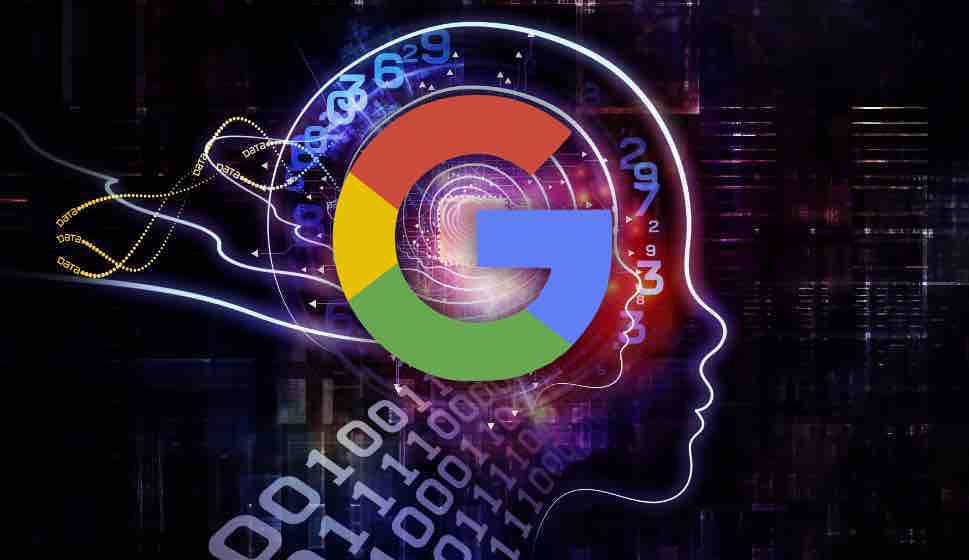IDCA News
All IDCA News
7 Nov 2022
An AI-Generated Art App from Google Will Complicate Copyright
Google has developed a new AI app that can generate highly-accurate images of real-world things. This means that, in the future, businesses will be able to create even more realistic product photos and images without needing an actual person to take these photos first – and this poses a major complication in copyright law that wasn't thought of before.
Just by typing a few words, consumers can bring their fantasy creations to life (digitally) with the help of this new artificial intelligence feature created by Google.
Bloomberg reported that the app is currently under development and will allow users to build cities with its "City Dreamer" feature or customize family-friendly cartoon monsters with its "Wobble" feature.
According to Douglas Eck, the lead scientist at Google, Google will release a new tool through their AI Test Kitchen app at the company's AI@ event in New York. However, the date for the release has yet to be determined.
AI imaging technologies will produce hyper-specific images from even short text descriptions. Though this is the first time Google's AI will be made available to the public, other AIs have been accessible this year. At the time of this writing, OpenAI's DALL-E, Meta AI's Make-A-Scene, Stability AI's Stable Diffusion, and Mid journey have all launched to the public or are in some state of semi-public beta testing.
September's Getty Images policy included AI-generated art from images created by DALL-E and Make-A-Scene. This decision was prompted by concerns over image generators using public material from the internet.
The sampled imagery comes from places such as news agencies and stock photo websites, including Getty, or are original pieces of artwork that we assume were made with no credit or payment to the artist. It still needs to be determined whether our usage exceeds the boundaries of fair use. Typically, in cases like these, a judge's decision is often made on whether the new work is transformative enough.
"Generative AI models are powerful, there's no doubt about that," "But we also have to acknowledge the real risks that this technology can pose if we don't take great care, which is why we've been slow to release them." Said Eck at a press conference.
Follow us on social media: